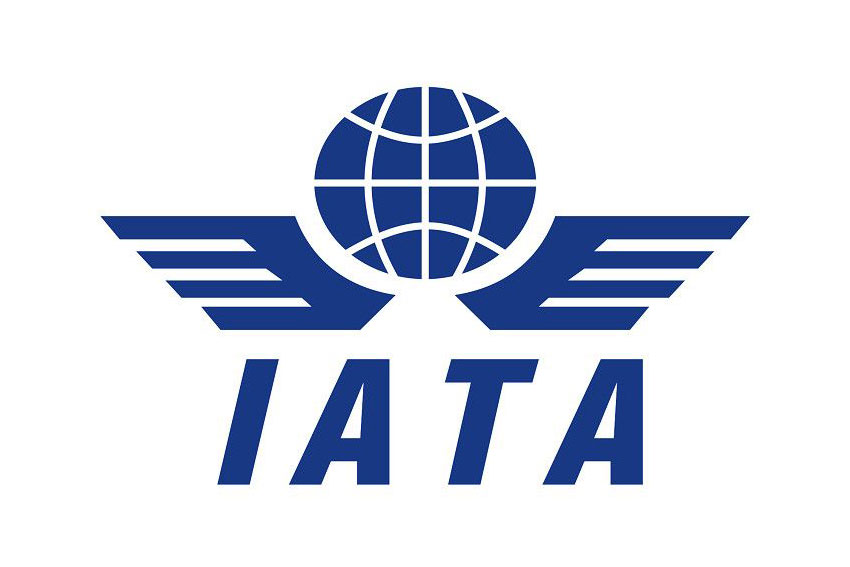
Maureen Ihua-Maduenyi
The International Air Transport Association has asked the Nigerian government and other governments in Africa to address charges being slammed on airlines.
The IATA stated that airlines in the region were burdened by excessive charges, which accounted for 11.4 per cent of their operating costs.
“User charges are excessive. They account for 11.4 per cent of African airlines’ operating costs. That is double the industry average. And there is a plethora of taxes and charges, some unique,” the Chief Executive Officer of the IATA, Alexander de Junaic said.
IATA also called on government and aviation industry stakeholders to focus on priorities that will allow aviation to drive economic and social development on the continent, enrich people’s lives and enable the United Nations Sustainable Development Goals.
According to IATA, the four priorities are safety, cost-competitiveness, opening the continent to travel and trade as well as gender diversity.
He stated that already, the industry had supported with $55.8bn in economic activity and provided 6.2 million jobs.
“As demand more than doubles over the next two decades, the critical role that aviation plays in Africa’s economic and social development will grow in equal proportion. With the right tax and regulatory framework, the opportunities aviation creates to improve people’s lives are tremendous,” he said.
He stated that three priorities would improve aviation safety in Africa.
According to him, more states need to incorporate the IATA Operational Safety Audit into their safety oversight systems as Mozambique, Rwanda, Togo and Zimbabwe had done so.
He said, “Smaller operators should consider becoming IATA Standard Safety Assessment certified. ISSA provides a valuable operational benchmark for carriers not eligible for IOSA.
“African states need to implement ICAO standards and recommended practices in their regulations. Currently, only 26 states meet or exceed the threshold of 60 per cent implementation.”
He said the top priority should always be safety, adding that global standards had helped to make aviation the safest form of long-distance transport.
He noted that African airlines had been good examples in the safety performance in the past three years.
“The continent had no fatal jet accidents in 2016, 2017 and 2018. That is largely due to the coordinated efforts of all stakeholders with a focus on global standards, guided by the Abuja Declaration. But there is still more work to do. Taking these three steps will raise the safety bar even higher,” he said…
